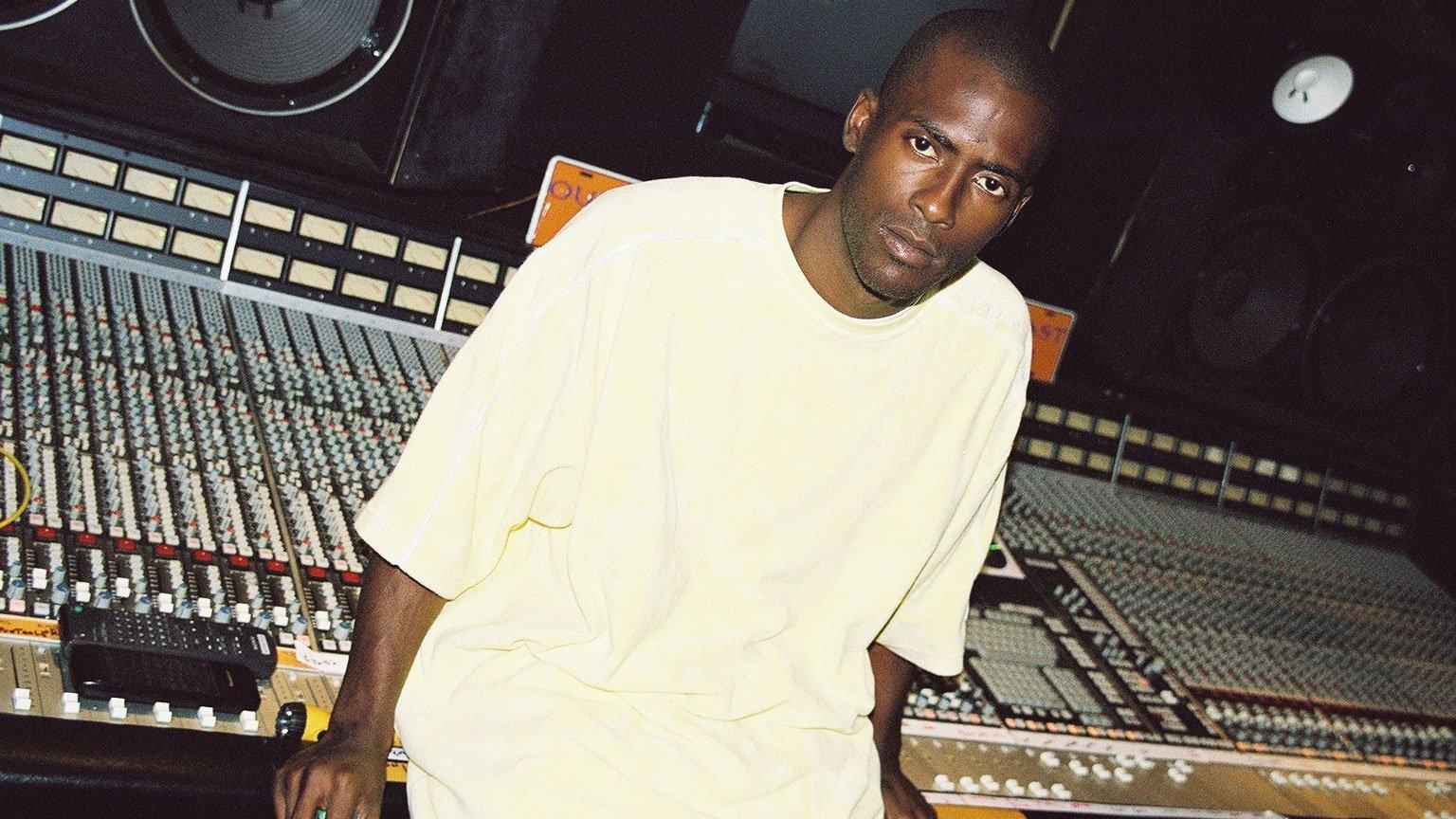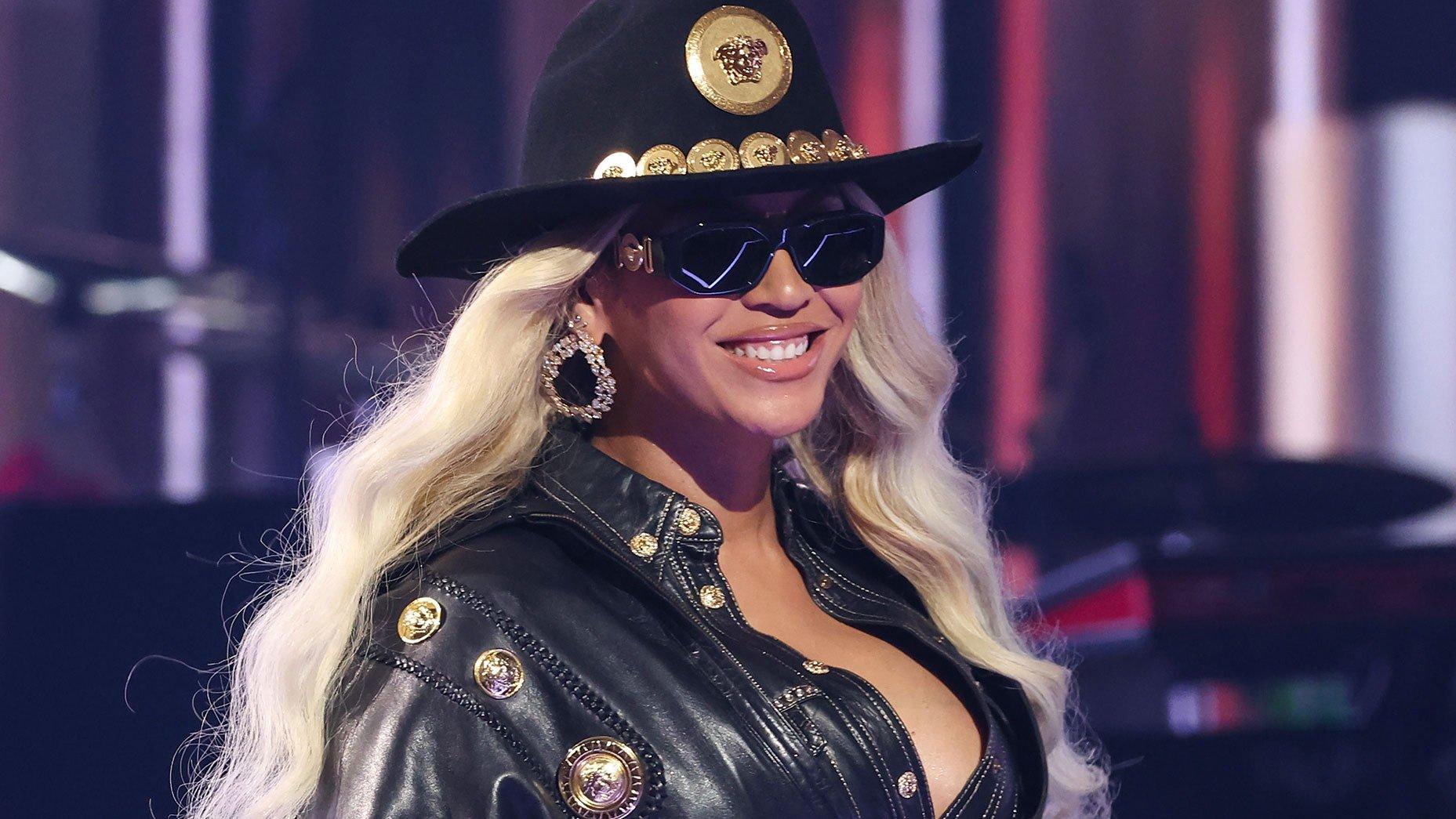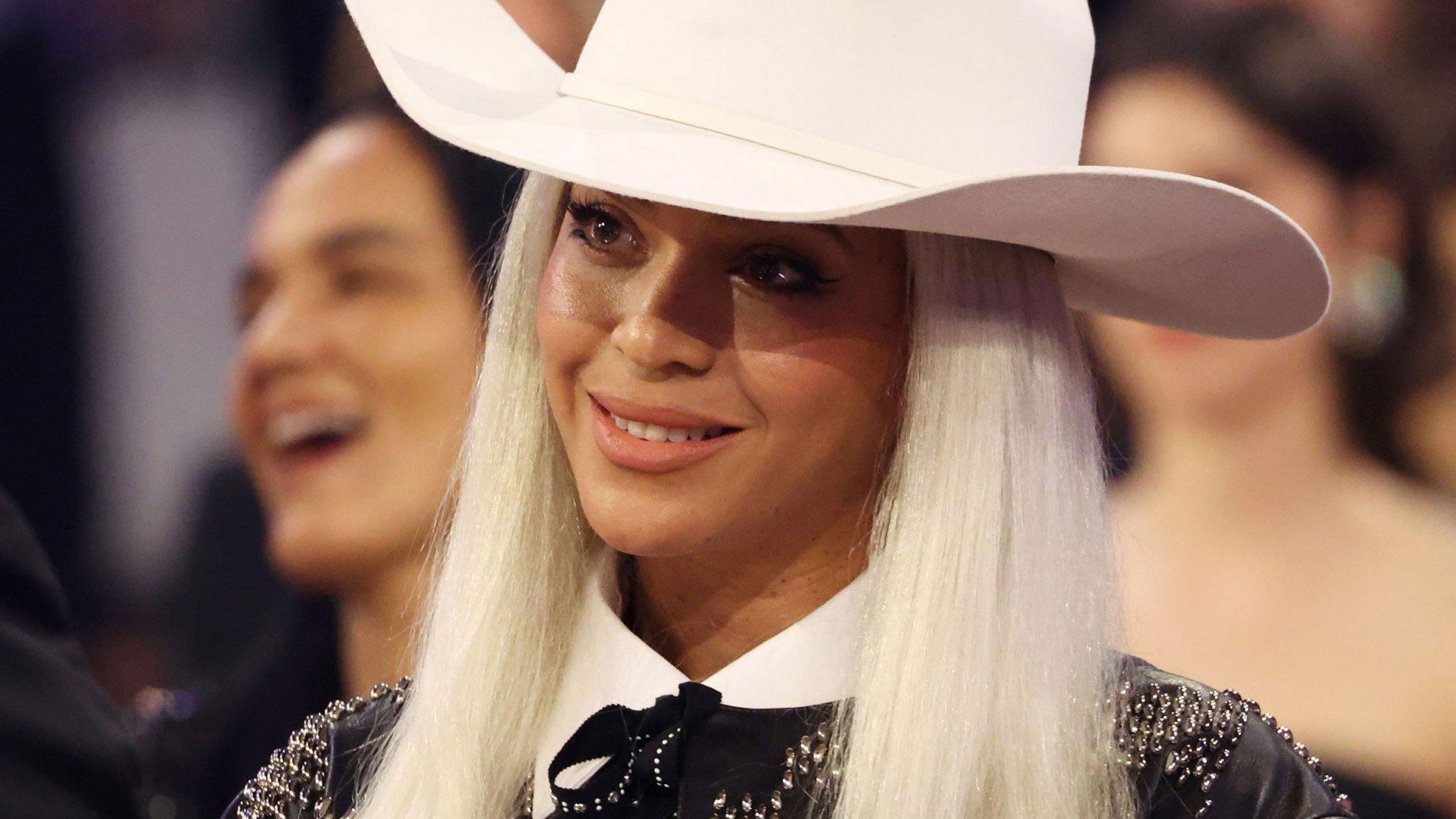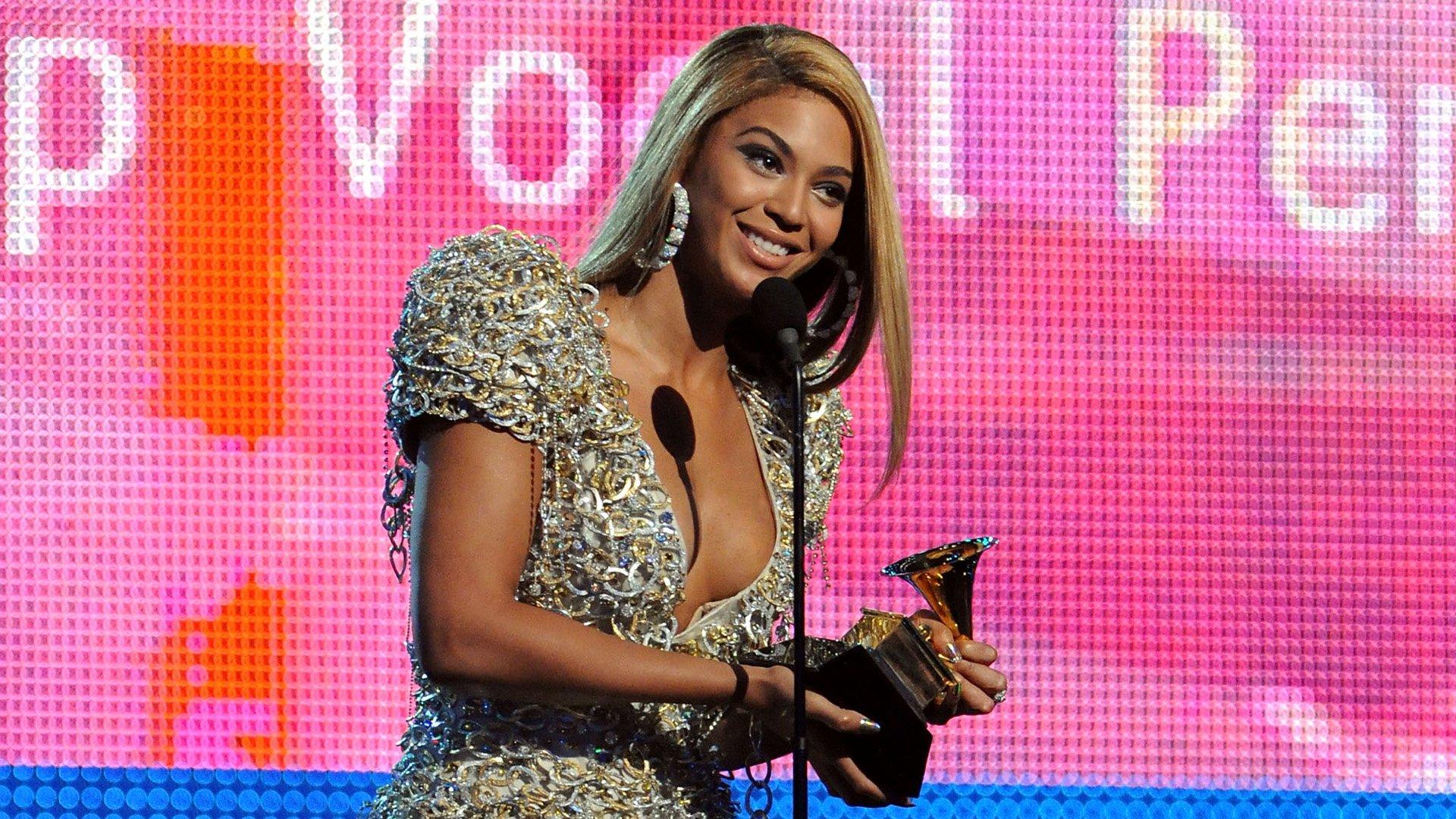"Genres are a funny little concept, aren't they? In theory, they have a simple definition that's easy to understand. But in practice, well, some may feel confined."
With those words, spoken on "SPAGHETTII" by Linda Martell — the first commercially successful Black female artist in country music and the first to play the Grand Ole Opry solo — Beyoncé provides a proxy response to her original call on Instagram 10 days before COWBOY CARTER was released: "This ain’t a Country album. This is a “Beyoncé” album."
She delivered on that promise with intent. Through a mix of homage and innovation, Beyoncé's latest is a 27-track testament to her boundless musicality and draws from a rich aural palette. In addition to its country leanings, COWBOY CARTER includes everything from the soulful depths of gospel to the intricate layers of opera.
Beyoncé's stance is clear: she's not here to fit into a box. From the heartfelt tribute in "BLACKBIIRD" to the genre-blurring tracks like "YA YA," Beyoncé uses her platform to elevate the conversation around genre, culture, and history. She doesn't claim country music; she illuminates its roots and wings, celebrating the Black artists who've shaped its essence.
The collective album proves no genre was created or remains in isolation. It's a concept stoked in the words of the opening track, "AMERIICAN REQUIEM" when Beyonce reflects, "Nothing really ends / For things to stay the same they have to change again." For country, and all popular genres of music to exist they have to evolve. No sound ever stays the same.
COWBOY CARTER's narrative arc, from "AMERICAN REQUIEM" to "AMEN," is a journey through American music's heart and soul, paying tribute to its origins while charting a path forward. This album isn't just an exploration of musical heritage; it's an act of freedom and a declaration of the multifaceted influence of Black culture on American pop culture.
Here's a closer look at some of some of the musical genres touched on in act ii, the second release of an anticipated trilogy by Beyoncé, the most GRAMMY-winning artist of all-time:
Country
Before COWBOY CARTER was even released, Beyoncé sparked critical discussion over the role of herself and all Black artists in country music. Yet COWBOY CARTER doesn't stake a claim on country music. Rather, it spotlights the genre through collaborations with legends and modern icons, while championing the message that country music, like all popular American music and culture, has always been built on the labor and love of Black lives.
It's a reckoning acknowledged not only by Beyoncé's personal connection to country music growing up in Texas, but the role Black artists have played in country music rooted in gospel, blues, and folk music.
Enter The World Of Beyoncé
Country legends, Dolly Parton ("DOLLY P", "JOLENE," and "TYRANT"), Willie Nelson ("SMOKE HOUR" and "SMOKE HOUR II"), and Martell ("SPAGHETTII and "THE LINDA MARTELL SHOW") serve mainly as spoken-word collaborators, becoming MCs for Queen Bey. Some of the most prolific country music legends receiving her in a space where she has been made to feel unwelcome in music (most notably with the racism surrounding her 2016 CMA performance of "Daddy Lessons" with the Dixie Chicks) provides a prolific release of industry levies. Martell, a woman who trod the dark country road before Bey, finally getting her much-deserved dues appears as an almost pre-ordained and poetic act of justice.
"BLACKBIIRD," a version of the Beatles' civil rights era song of encouragement and hope for the struggle of Black women is led softly by Beyoncé, backed by a quartet of Black female contemporary country songbirds: Tanner Adell, Brittney Spencer, Tiera Kennedy, and Reyna Roberts.
Beyoncé holds space for others, using the power of her star to shine a light on those around her. These inclusions rebuke nay-sayers who quipped pre-release that she was stealing attention from other Black country artists. It also flies in the faces that shunned and discriminated against her, serving as an example of how to do better. The reality that Beyoncé wasn't stealing a spotlight, but building a stage for fellow artists, is a case study in how success for one begets success for others.
Read more: 8 Country Crossover Artists You Should Know: Ray Charles, The Beastie Boys, Cyndi Lauper & More
Gospel, Blues, & Folk (American Roots)
As is Beyoncé's way, she mounts a case for country music with evidence to back up her testimony. She meanders a course through a sequence of styles that serve as the genre's foundation: gospel, blues, and folk music.
"AMERIICAN REQUIEM" and "AMEN" bookend the album with gospel-inspired lyrics and choir vocals. The opener sets up a reflective sermon buoyed by the sounds of a reverberating church organ, while the closer, with its introspective lyrics, pleads for mercy and redemption. The main verse on "AMEN", "This house was built with blood and bone/ The statues they made were beautiful/ But they were lies of stone," is complemented by a blend of piano, and choral harmonies.
Hymnal references are interlaced throughout the album, particularly in songs like "II HANDS II HEAVEN" and in the lyrical nuances on "JUST FOR FUN." In the later track, Beyoncé's voice soars with gratitude in a powerful delivery of the lines, "Time heals everything / I don't need anything / Hallelujah, I pray to her."
The gospel-inspired, blues-based "16 CARRIAGES" reflects the rich history of country songs borrowing from the blues while simultaneously calling back to songs sung by field laborers in the colonial American South. "Sixteen dollars, workin' all day/ Ain't got time to waste, I got art to make" serves as the exhausted plea of an artist working tirelessly long hours in dedication to a better life.
Rhiannon Giddens, a celebrated musician-scholar, two-time GRAMMY winner, and Pulitzer Prize recipient, infuses "TEXAS HOLD 'EM" with her profound understanding of American folk, country, and blues. She plays the viola and banjo, the latter tracing its origins to Sub-Saharan West Africa and the lutes of ancient Egypt. Through her skilled plucking and bending of the strings, Giddens bridges the rich musical heritage of Africa and the South with the soul of country, blues, and folk music.
Pop, Funk, Soul & Rock 'n' Roll
All in, Beyoncé is a pop star who is wrestling with labels placed on her 27-year career in COWBOY CARTER. Fittingly, she brings in two other pop artists known for swimming in the brackish water between country and pop, Miley Cyrus and Post Malone. Her intentional inclusion of two artists who have blurred genres without much cross-examination begs the question, Why should Beyoncé's sound be segregated to a different realm?
On "YA YA" Linda Martell returns as the listener's sonic sentinel, introducing the track like a lesson plan: "This particular tune stretches across a range of genres. And that’s what makes it a unique listening experience." The tune sinks into the strummed chords of Nancy Sinatra's "These Boots Are Made for Walkin'" before leaping into a fiery dance track that features reimagined lyrics from the Beach Boys, with soulful vocal flourishes and breaks that show the throughline connection between '60s era rock, funk, and pop music.
Robert Randolph lends his hands on "16 CARRIAGES" with a funk-infused grapple on his pedal-steel guitar. It's a style he honed through his early years touring and recording with his family band and later in his career as an in-demand collaborator working with names including the Allman Brothers, and Norah Jones.
The lesson is solidified as the album transitions into an interlude on "OH LOUISIANA," featuring a sped-up sample of a classic track by Chuck Berry. This moment emphasizes the pop superstar's nod to civil rights era music history, spotlighting a controversial artist celebrated for his pioneering contributions to rock 'n' roll. (It's a part of music history Beyoncé knows well, after starring as Etta James in the 2008 film Cadillac Records, a veiled biopic of the legendary Chicago label Chess Records.)
Classical & Opera
Opera was missing from many listeners' Beyoncé Bingo card, but didn't surprise those that know her background. Beyoncé was trained for over a decade starting at an early age by her voice teacher David Lee Brewer, a retired opera singer who once lived with the Knowles family.
COWBOY CARTER gives sing-along fans a 101 opera class with "DAUGHTER." In Italian, Beyoncé sings passages from the 1783 Italian opera "Caro Mio Ben," composed by Giuseppe Tommaso Giovanni Giordani. The aria is a classic piece of vocal training that fittingly shows off her full range — taking us back to the earliest days of her vocal teachings.
Hip-Hop & R&B
Midway through the album on "SPAGHETTII" Beyoncé announces, "I ain't no regular singer, now come get everythin' you came for," landing right where expectations have confined her: in the throes of a romping beat, experimenting with sounds that blend hip-hop with R&B and soul. The track notably highlights the talent of Nigerian American singer/rapper Shaboozey, who also shows up to the rodeo on "SWEET HONEY BUCKIN'" brandishing his unique mix of hip-hop, folk-pop, and country music.
Beyoncé worked with longtime collaborator Raphael Saadiq on this album, a career legend in the R&B industry, who lends his mark to several tracks on which he wrote, produced, and played multiple instruments. Beyoncé also utilizes the Louisiana songwriter Willie Jones on "JUST FOR FUN," an artist who draws on a contemporary blend of country, Southern rap, and R&B in the hymnal ballad.
The violin-heavy "TYRANT" and "SPAGHETTII" both underscore hip-hop's long love affair with the classical string instrument (See: Common's "Be," and Wu Tang Clan's "Reunited" as the tip of that particular iceberg) with a blend of soulful R&B lyrics paired with beat-based instrumentalization.
In a world quick to draw lines and label sounds, Beyoncé's COWBOY CARTER stands as a vibrant mosaic of musical influence and innovation. Ultimately, Beyoncé's COWBOY CARTER isn't seeking anyone's acceptance. As a Texan once told she didn't belong, her critical response claps back at this exclusion. It's also a reminder that in the hands of a true artist, music is limitless.
Run The World: Why Beyoncé Is One Of The Most Influential Women In Music History




